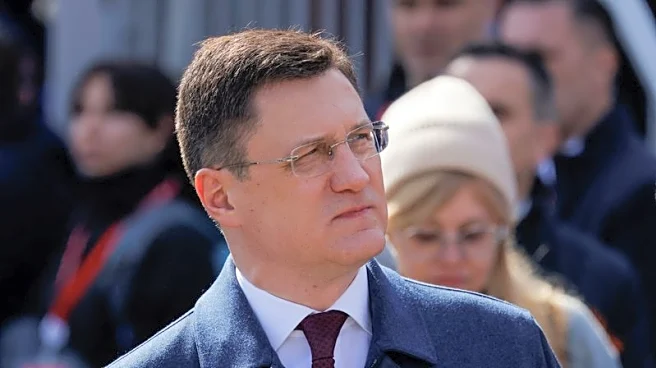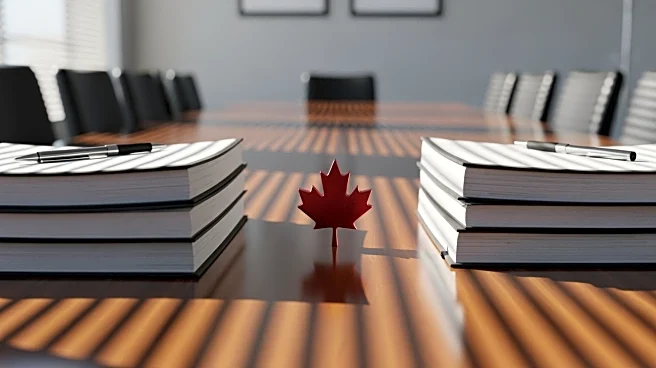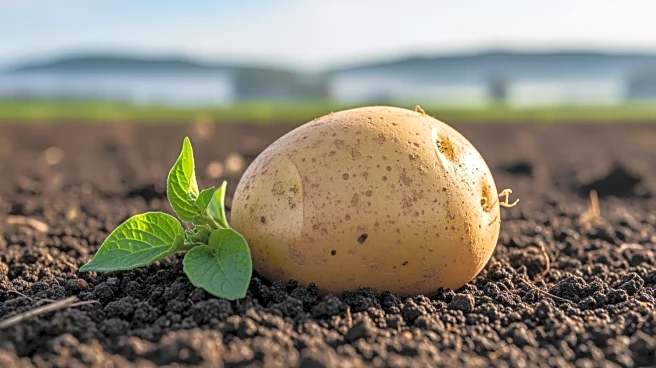By Vladimir Soldatkin
MOSCOW (Reuters) -Russia on Tuesday sent a big delegation to Syria, headed by its top energy official, in its most visible effort yet to build relations with the government that toppled
former President Bashar al-Assad, a key ally of Moscow, late last year.
Russian Deputy Prime Minister Alexander Novak said in televised comments that Russia and Qatar are discussing humanitarian aid to Syria and the restoration of its energy sector. He did not spell out what form of support they might provide.
Syria's energy sector was crippled by the country's 13-year civil war, which made it highly reliant on imports, especially from Iran.
Novak, who is President Vladimir Putin's point man for energy issues, is heading a large Russian delegation with representatives of various ministries including defence.
In comments broadcast by Russian television, he said Moscow could use its network of contacts in the Middle East to help the Syrian government.
"I would like to emphasize the unique negotiating capabilities of Russia, which maintains contacts with Israel and all ethnic groups in Syria. We propose using this factor to stabilize the situation in Syria," Novak said.
Syria's state news agency quoted Foreign Minister Asaad al-Shibani as alluding indirectly to Russia's history of support for Assad, to whom it provided extensive military backing.
"Our relationship with Russia is deep and has witnessed periods of friendship and cooperation, but there has never been a balance. Any foreign presence on our soil must be aimed at helping the Syrian people build their future," Shibani said.
Novak said Russia shared the Syrian government's concerns about the "destructive" actions of Israel, including air strikes on Syria.
The Russian official said his trip was a good opportunity to discuss the "entire range" of cooperation between Russia and Syria, and Moscow attached great importance to the upcoming visit of President Ahmed al-Sharaa to Moscow for a Russia-Arab summit.
Among Russia's key priorities is to maintain the use of a naval base and an airfield, which, during Assad's rule, gave it an important military foothold in the region. Novak did not refer to the military facilities in his remarks.
(Reporting by Vladimir Soldatkin; additional reporting by Ahmed Elimam in Dubai and Filipp Lebedev in London; writing by Mark Trevelyan; editing by Paul Simao)










